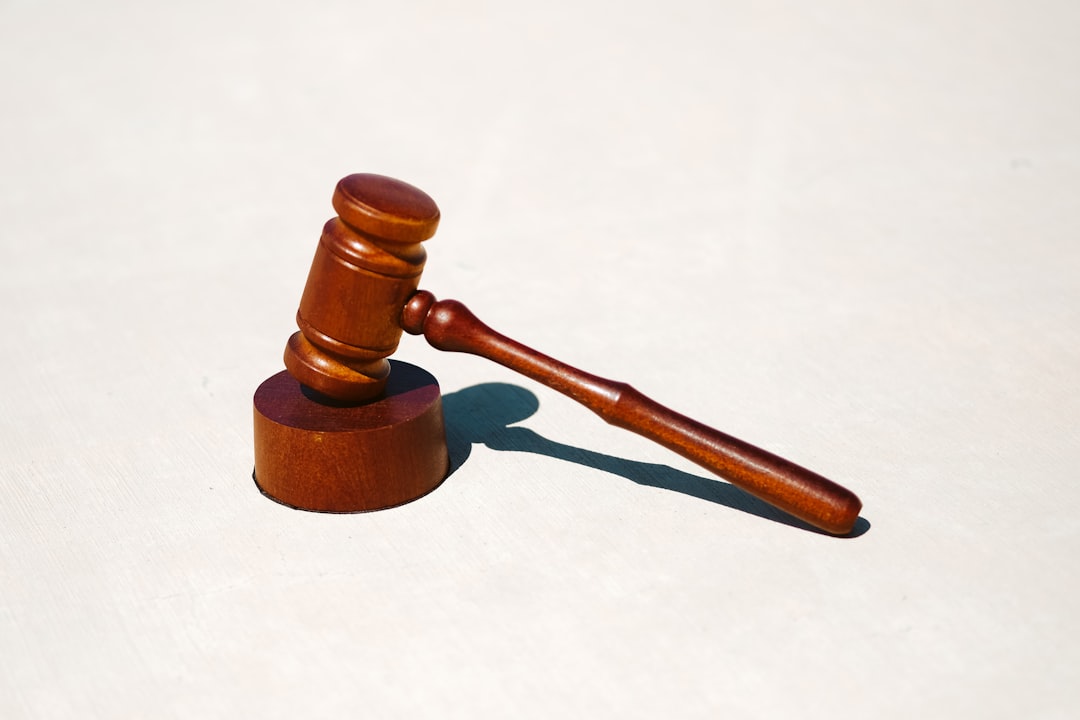In California, distinguishing between independent contractors and employees is a complex legal issue, especially in the wellness industry. Massage therapy cases, particularly involving abuse or assault by unlicensed therapists, present unique challenges due to the autonomy of independent contractors. Victims often turn to specialized massage abuse lawyers, attorneys, and law firms for navigation, advocacy, and justice. These professionals help interpret complex laws, prove negligence or misconduct, and establish liability in cases where clients have been harmed during sessions. Comprehensive solutions include background checks, professional development, clear contracts, safe reporting systems, and collaboration with regulatory bodies to protect clients and maintain ethical standards in the therapy industry.
In California, the independent contractor (IC) status of massage therapists presents unique challenges in establishing liability for potential massage abuse. This article delves into the intricate dynamics between IC rights and client safety. We explore the complexities of holding therapists accountable, highlighting gaps in legal frameworks that leave clients vulnerable to sexual assault. With case studies and expert insights, we navigate strategies to ensure transparency, accountability, and client protection, offering guidance for massage abuse lawyers, attorneys, and law firms in California.
Understanding Independent Contractor Status in California
In California, determining an independent contractor’s status is a nuanced legal matter, especially in the wellness industry where therapists often provide services from their homes or studios. The state has specific guidelines to distinguish between employees and independent contractors, but these lines can blur when it comes to healthcare professionals like massage therapists. A key factor involves the level of control exerted by the business over the therapist’s work—if a therapist is free to decide how, when, and where they provide services without significant restrictions, they are likely considered an independent contractor.
This autonomy is a double-edged sword. While it fosters innovation and flexibility in practice, it also creates challenges when addressing liability issues, particularly in cases of massage abuse or sexual assault. Given the vast array of clients and settings, establishing who is responsible for ensuring a safe environment can be complex. Massage abuse lawyers California, such as those at reputable law firms specializing in these matters, play a crucial role in navigating this legal landscape, advocating for victims, and holding accountable those who perpetuate abuse within the industry.
The Complexities of Establishing Liability for Massage Therapists
Establishing liability for massage therapists in California presents a complex web of legal challenges, especially when addressing issues like massage abuse and sexual assault. The state’s laws governing independent contractors can be intricate, making it difficult to determine responsibility when harm occurs during a therapeutic session. Many clients trust therapists implicitly, which may lead to a delay in reporting abusive or inappropriate behavior. This lag time complicates the legal process as evidence can degrade and witnesses’ memories fade.
Moreover, California’s laws regarding consent and professional conduct must be thoroughly understood to navigate these cases effectively. Massage abuse lawyers, attorneys, and law firms specializing in this area are crucial resources for victims seeking justice. These professionals not only help interpret complex legal frameworks but also advocate for survivors, ensuring they receive the support and compensation they deserve through robust representation.
Legal Frameworks and Existing Gaps in Protecting Clients
In California, the legal frameworks governing independent contractors, including massage therapists, are complex and often leave gaps in protecting clients from potential abuse or sexual assault. While state laws establish guidelines for licensing and regulating massage therapy practices, they may not adequately address the unique challenges faced by clients interacting with independent contractors. This can lead to significant issues when a client experiences massage abuse or sexual misconduct at the hands of an unlicensed or unregulated therapist.
The existing legal landscape often struggles to keep pace with the dynamic nature of the wellness industry, particularly as remote work and freelance arrangements become more common. As such, there is a pressing need for comprehensive legislation that specifically targets the vulnerabilities associated with independent contractor therapists, especially in sensitive areas like massage therapy services. This gap in protection underscores the importance of clients turning to experienced massage abuse lawyers California, massage abuse attorneys California, or reputable massage abuse law firms California to seek justice and hold accountable those who engage in such abusive practices.
Case Studies: Challenges and Successes in Massage Abuse Lawsuits
In recent years, there has been a growing awareness of the potential for massage abuse and sexual assault within the therapeutic setting, particularly in California. Case studies reveal complex challenges when seeking to establish liability for independent contractor therapists. Many cases involve clients alleging inappropriate physical contact or sexual exploitation during sessions, leading to legal battles that scrutinize the relationship between the therapist and the client.
The success of lawsuits against massage therapists often hinges on proving negligence or intentional misconduct. Massage abuse lawyers in California and across the nation have been instrumental in navigating these complex cases. They emphasize the importance of clear consent, informed consent, and professional boundaries, using these principles as legal frameworks to hold therapists accountable for their actions. The work of dedicated massage abuse attorneys and law firms in California is crucial in ensuring that victims receive justice and that therapeutic practices maintain ethical standards.
Strategies for Ensuring Accountability and Client Safety in the Industry
Ensuring accountability and client safety in the therapy industry, particularly among independent contractors, is a multifaceted challenge. To address this, therapists should adopt robust practices such as thorough background checks, ongoing professional development, and clear, detailed contracts that explicitly outline expectations, roles, and liabilities. Implementing these strategies can help prevent and mitigate instances of massage abuse or sexual assault.
Moreover, establishing a robust reporting system where clients feel comfortable and safe to voice concerns is crucial. Collaborating with regulatory bodies and professional associations to create standardized protocols for handling complaints can significantly enhance accountability. Engaging the services of experienced massage abuse lawyers in California, such as those at reputable law firms specializing in these matters, can also serve as a powerful deterrent and ensure that justice is served when liability is established.





